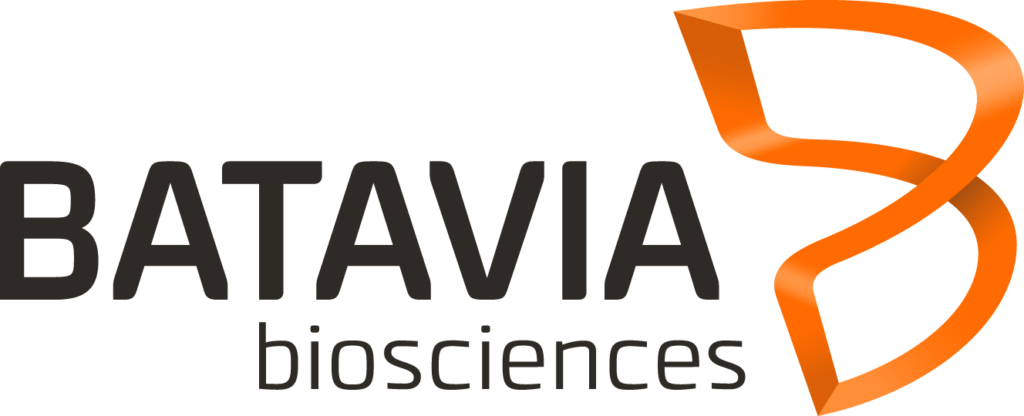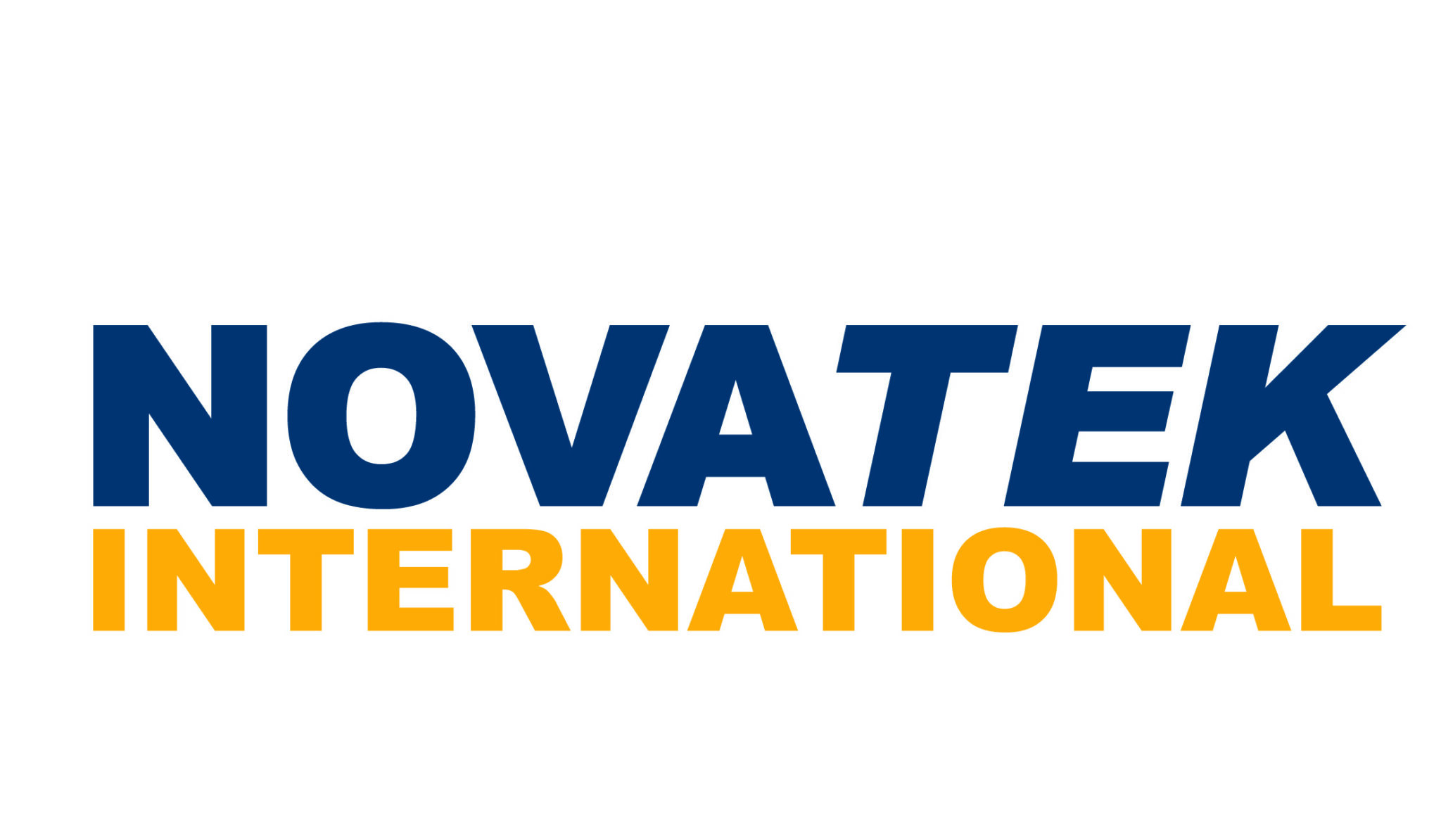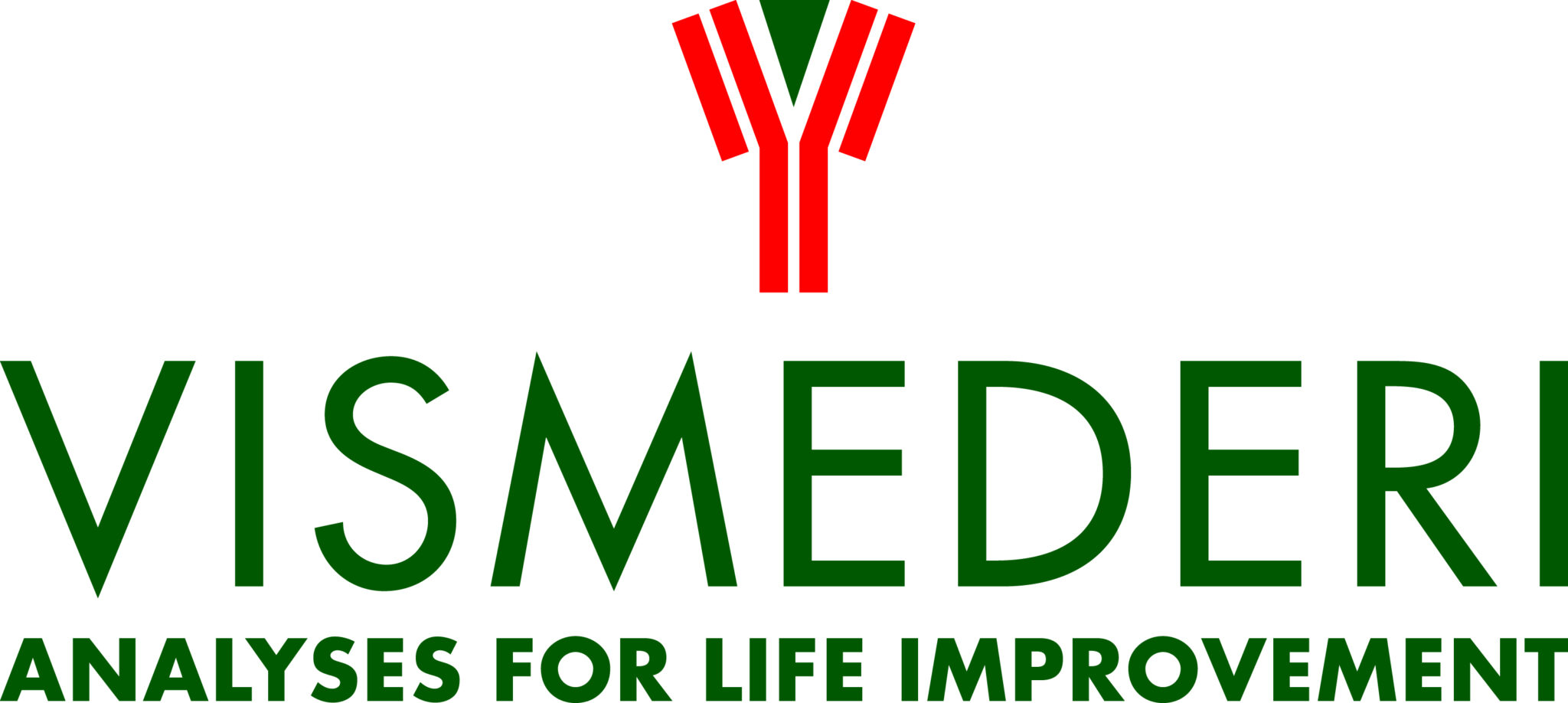Workshop on Fostering regulatory convergence dialogue in ASIA 25-26 March 2019
Meeting between DCVMN Regulatory Working group and CoRE, Singapore 25 March 2019
Meeting Notes: Nora Dellepiane, 30 April 2019
This was an introductory meeting between the two organizations. There were presentations from CoRE, CEPI and DCVMN to brief the other organizations about their objectives and activities. The RWG made a presentation about the work on registration of vaccines so far. It explained that the challenges for registration had been published in Vaccine Journal and that a new paper with proposals for improvement was about to be published in Vaccine as well.
John Lim, is a former SHA staff with extensive regulatory experience, Neo Cherng Yeu is an associate Director at CoRE. The discussions were very fruitful, the main points highlighted for the attention of the RWG are as follows:
- A general recommendation was to work through regulatory networks for the implementation of Module 1. SEARN was mentioned as one possible network to work with.
- For modules 2 to 5 CoRE agreed with the WHO recommendation to work it out through ICH.
- A general comment was that if we manage to get a few regulators to change, others would follow
- The International Pharmaceuticals Regulators Program (IPRP) was mentioned as a good forum to approach to discuss with regulators. The Program members include individual countries but also groups such as APEC, ASEAN, PANDRH, EAC and GHC and EDQM and WHO as observers. Canada and Brazil are currently the Chair and Co-Chair of the Program.
- They advised to check whether the changes that the RWG proposes apply only to vaccines or include small molecules. It would be important to explore which countries have a vaccine specific registration system different from that for small molecules.
- They advised to check countries’ legislation to see which of the proposed changes would require changes in legislation and where. Countries could be divided in groups for implementation depending on legal considerations and scope of product categories to be covered.
- For reliance, WHO had suggested that some of the proposals could be captured in TRS documents, this would make them accessible and usable by all countries willing to do so.
- The reliance package could also be segregated according to NRA degree of development in countries. Different countries, might require different strategies. Countries with a developing registration system could choose to rely and give waivers, while those with registration system could choose what they would want to review and what they could rely upon
- Listing of authorities by WHO would guide reliance, procurement and PQ itself.
- Advised to consider what would be the incentives to regulators to introduce such changes and to work on those as part of the implementation process (e.g. access, cost reduction, helping own industry, ability to react to emergencies, etc.)
- Advised to consider whether messages to regulators, evaluators and health authorities in general should be different or not.
Based on these comments/recommendations the group decided to form two sub-groups that would work in the following areas:
- Access messages : Prashant, Sebastian, Norbert and Shubhangi
- Opportunity countries to target harmonization (Pharm/Vaccine CTD alignment, Use of CTD already, Legal considerations): Mic, Monique, Nirav, Ida, and Jacqueline
- Further clarify which countries in ASEAN would accept the ICH CTD in addition to the ASEAN CTD: BioFarma
- Follow up with CoRE on the appropriate person to address in Malaysia (chair of the PPWG of ASEAN) to bring the topic for discussion in ASEAN
Deadline for completion of a) to e) 30th April 2019
Meeting of the Regulatory Working group on variations, Singapore 26 March 2019
Mic summarized the outcome of the meeting with CoRE and helped define the action points stated above
There were presentations by different members of the RWG as follows:
- Objectives of the meeting and expected outcomes: Nora
- Experience with WHO CRP for vaccines: Mic
- Experience on vaccines variations management in LATAM: Sebastián
- Experience on vaccines variation management in ROW: Shubhangi
- IFPMA experience with variations (brochure and position paper): Norbert
Based on the outcome of the previous day meeting and the presentations a) to e) the group took the following decisions:
- CRP is not working for vaccines so far, and it may not be worth investing energy right now in pushing implementation since WHO seems not to have the necessary resources. This decision applies of course both to registration and variations. If WHO would decide to pilot CRP in some countries, the RWG would be willing to assist.
- The WHO guidance on variations published on TRS 993 should be used by the maximum number of countries possible
- The value of developing and publishing a paper on variations would be decided at a later stage (mid-May) based on the findings from the group and the additional case studies developed.
The following are examples of issues provided during the meeting.
Case Studies
1.0 Differences in categorization of variations & approval timelines.
The different NRAs have different categories (for same change) ranging from minor (immediate implementation), moderate (faster approval) and major (long lead time for the approval). Once the changes are approved, few NRA mandate the implementation in stipulated time, different approval lead time creates supply disruption.
Possible Solutions:
1.1 The variation categorization shall be harmonized with WHO guidelines.
1.2 Solution can be country specific dialogue or group specific engagement (to be constructed based on similarity trends amongst the countries – regional approach possibilities can be explored)
2.0 Inconsistency in data requirements for same change.
ASEAN, WHO and other international guidelines require limited stability data to be submitted at the time of submission maximum up to 12 months. For regulatory agencies like those of Sri Lanka and Sudan, complete shelf life is required to submit the variations. Philippines demands new dossier submission if more than one change is done (independently from the magnitude of the change). An example was given of one agency with an inconsistent approach to variations’ classification (i.e. classifying a similar variation in different ways for different submissions).
There are countries where minor changes shall be reported annually (USA, EU, India etc.) and no formal approval is required. There are few regulatory agencies which demand proof of approval of the change by other NRAs.
Possible Solutions
2.1 Harmonization in line with WHO guidelines or recognition of WHO publications. Training and workshops as collaborative program between industry and regulatory agencies.
2.2 Charts and matrix correlating countries with reference to mutual referencing, recognition can be worked out.
Next steps regarding work on variations:
The whole group would consider possible case studies describing challenges for the review and approval of variations in countries to complement those given in the IFPMA brochure and position paper, in order to decide whether it is worth preparing a paper for publication on this topic. Case studies should be provided latest by mid-May 2019 so that a decision about the way forward can be made.










